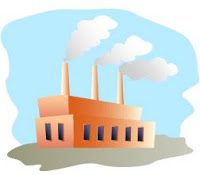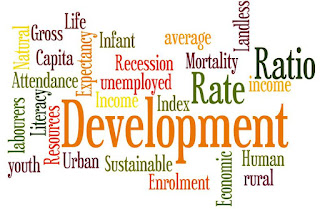Value Based Questions and Answers
In SA-II examination, there shall be 1 or 2 value based questions of 3-5 marks.
Here follows Value based Questions in Social Science:
[NATIONALIST MOVEMENT IN INDO-CHINA]
Q1: (a) How did Vietnamese oppose the education system introduced by French colonists?
(b) What were the values shown by Vietnamese students in their resistance?
Answer: (a) Vietnamese opposed to the French education system because it was biased against Vietnamese culture:
- Students of Saigon school protested against the educational system.
- They criticized the text books and asked to modify them.
- Both teachers and students did not follow the curriculum blindly.
- Students formed political organizations Party of young Annan and journals
- Patriotism
- Unity
- Nationalism
- Culture Integrity
- Courage
- Teamwork
Q2: Who were Trung sisters? What was their roles in Vietnamese movement? What values did they exhibit?
















